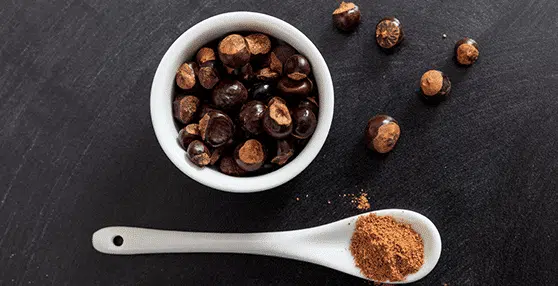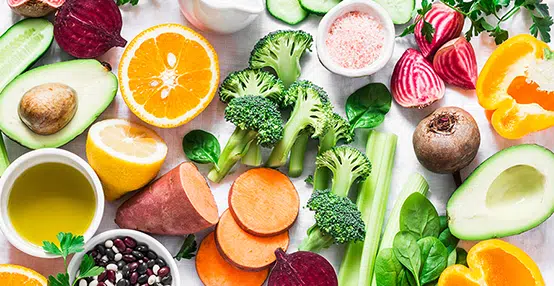Ingredients
Energy drinks sold in Canada may contain some of the following ingredients:
Caffeine
In Canada, approximately 90% of caffeine consumed comes from coffee and tea.

Guarana
Guarana seeds are one of more than 60 plants worldwide that naturally contain caffeine.
Ginseng
Ginseng is a perennial herb. Many cultures have been adding ginseng to tea for hundreds of years.


B Vitamins
B vitamins are found naturally in the foods we eat such as seafood, seeds and meat.
Sweeteners
Energy drinks contain either caloric or low- and no-calorie sweeteners, giving consumers a range of options from which to choose.


Taurine
Taurine is an amino acid that is found naturally in the human body, as well as in common food items such as seafood and poultry.
International Health regulators have determined that taurine does not interact negatively with, or enhance the effects of, caffeine with respect to its effects on the cardiovascular system, the central nervous system, or hydration status in the body at the levels typically included in energy drinks.

